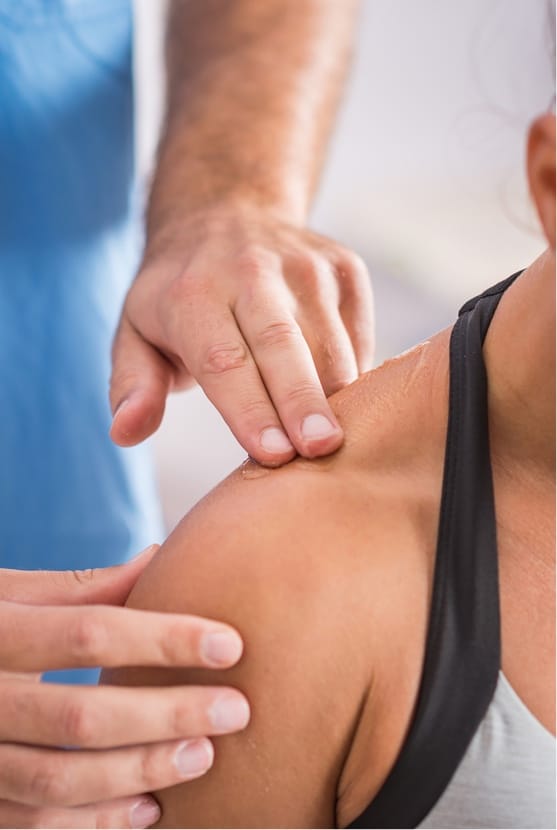What are rotator cuff tears?
The rotator cuff comprises four tendons around the shoulder joint that help lift and rotate the arm. Tears occur when one or more tendons become partially or completely damaged.
What symptoms suggest a rotator cuff tear?
Deep ache in shoulder, weakness in the arm, trouble sleeping especially when lying on the affected side, difficulty raising the arm, reaching behind your back, or lifting objects. Clicking or popping may also occur.
What causes rotator cuff tears?
They can be due to acute injury (falling on your arm, etc.) or chronic overuse, especially in sports or jobs involving repetitive overhead or lifting motions.
What treatment options are available?
Non‐surgical treatments exist (e.g. biologics, rest, physical therapy), but depending on the severity and symptoms, surgical repair may be considered. Dr. Yoon offers consultations to evaluate and recommend the best plan.
How does a rotator cuff tear affect day-to-day life, and when is surgery needed?
If pain, weakness, or loss of function significantly interfere with daily tasks, or non-surgical options fail, surgery might be necessary. The decision depends on tear size, location, patient activity level, and response to conservative care.
What is the prognosis / recovery process?
Recovery depends on tear size, patient health, and treatment chosen. With appropriate care, many patients regain substantial function, though full recovery (especially after repair) can take several months.



